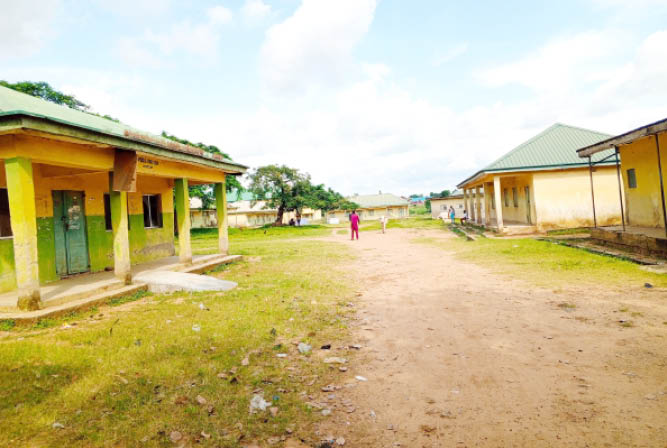By Chidimma C. Okeke & Fatima Maikasuwa
Experts in the education sector and some civil society organisations (CSOs) have said the high rate of examination malpractice in Nigerian schools could be reduced by 70 percent if adequate resources were made available and teachers were supervised to ensure professional conduct.
Speaking at a stakeholders’ engagement organised by the Policy innovation Centre in collaboration with the FCT Secondary Education Board to address the pressing issue of examination malpractice in secondary schools, the experts noted that the government, parents, schools as well as students, all have a part to play in addressing the issue.
Programmes Officer, Accountability Lab Nigeria, Shiiwua Mnengi, who noted that the government was not doing enough in terms of funding of the education sector to ensure availability and deployment of necessary resources to schools, warned that examination malpractice was a monster gradually eating up the country.
Mnengi, a fellow with Behaviour Insight Network Transparency and Accountability (BINTA), described examination malpractice as a fundamental issue that does not only affects students and the Nigeria of today, but also the future of the Nigerian society at large.
- Snakebites claim many lives in Niger communities
- APC, IPAC pass vote of confidence in Ondo REC after PDP protests
He said: “I can tell you that the government is not doing enough for two reasons; It’s not doing enough in terms of the resources that are deployed to the schools, it is not doing enough in terms of monitoring how these resources are utilized and I think this is where the major gap lies.
“If the resources are adequately provided, their utilisation is monitored and other resources including the human resource, which are the teachers are supervised to ensure that they do the needful, we may have reduced examination malpractice by 70 or more percent.”
While calling for a collaborative effort by the government, education administrators and parents, to protect the future of the Nigerian society, he said: “Government from its ministries, regulators, examination bodies, teachers, students and parents are owed duty of examination malpractice.”
He said government should improve not just its funding of education but also make sure that the funds were made available to the schools to utilise in terms of providing all the learning materials and necessary things that the student need for their better performance.
“For the parents, it is high time we began to look at not just the results and grades the students are coming up with, but emphasis should be on the knowledge they are able to demonstrate.”
Also speaking, the Deputy Director, Exams, National Examination Council of Nigeria (NECO), Toyin Adeoye, traced the worsening state of examination malpractice to the proliferation and high demands on private schools occasioned by the fall in the quality of education in public schools
She said: “30 years ago, there was no private secondary but gradually our government schools went down when it comes to standard, and the private people hijacked the rich people; private schools started coming up. It was at that time that examination malpractice actually skyrocketed.
“After investing money, most private schools want profit so all they are after is get the job done to get more more students for their schools. Anyhow the result is gotten doesn’t matter, as long as there’s an evidence that they are doing well in that school so that more students can come in.”
While noting that government schools are not well funded, she said, “Let’s go back to the drawing board, let us put our school back on standard, government should put in more money in public schools. Increase the salary of staff. Doing this will also motivate teachers to put in their best.”

 Join Daily Trust WhatsApp Community For Quick Access To News and Happenings Around You.
Join Daily Trust WhatsApp Community For Quick Access To News and Happenings Around You.


